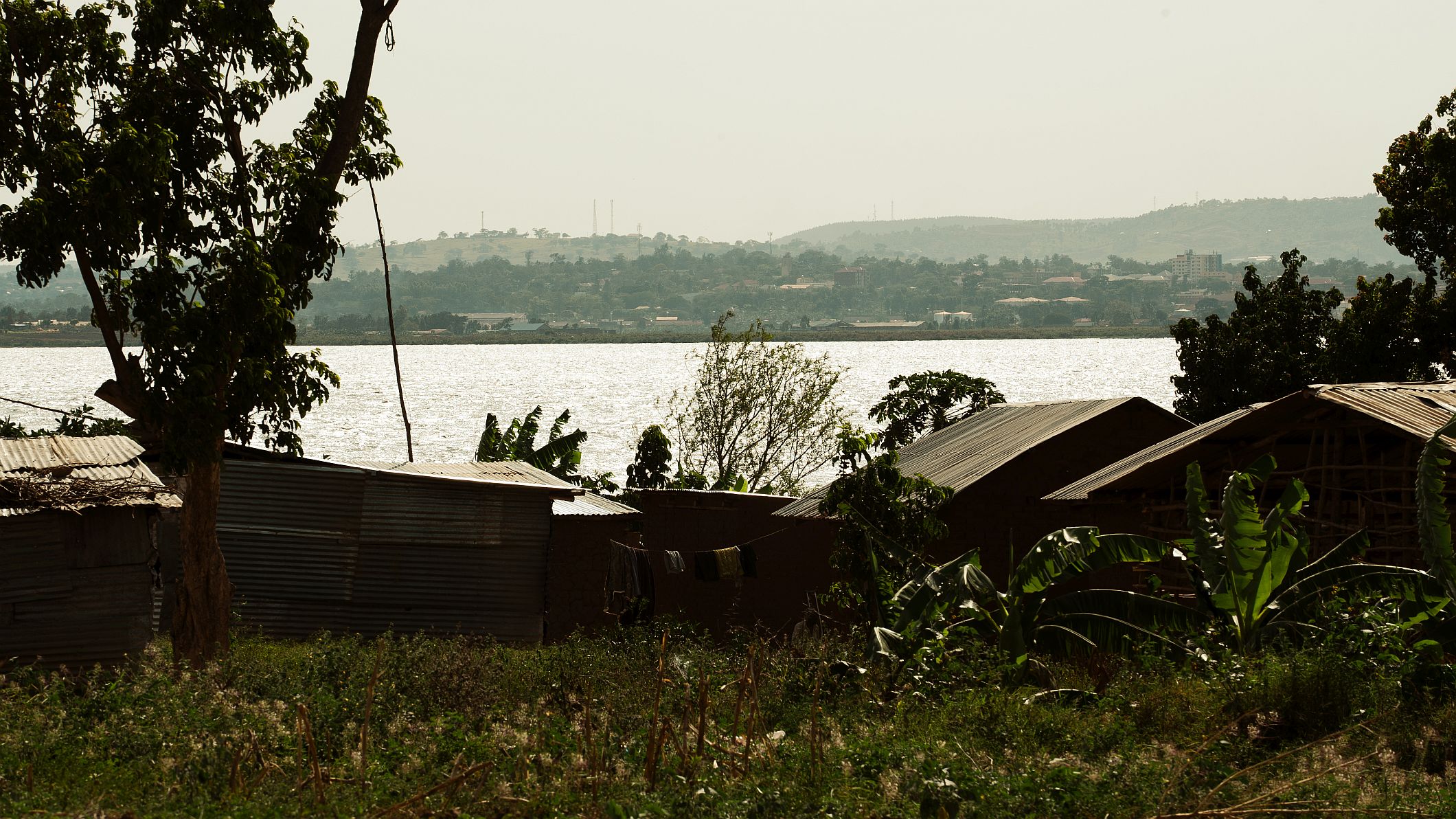- Who We Are
- How We Work
- Regional / Country Initiatives
- Legacy
- Core Themes
- Working Groups
- Portfolio & Results
- Newsroom
- Resources
Climate-induced Displacement in the Horn of Africa

Climate-induced Displacement to Secondary Cities in Eastern and the Horn of Africa: What Do We Know? is a research report prepared for the Cities Alliance Cities and Migration Programme in cooperation with the Refugee Studies Centre, University of Oxford, with funding from the Swiss Agency for Development and Cooperation.

The effects of climate change are already apparent in many regions of Eastern and the Horn of Africa and are projected to continue. Although much climate-induced forced displacement occurs from rural-urban areas, cities and towns will also experience increasing numbers and severity of natural hazards.
Climate-induced Displacement to Secondary Cities in Eastern and the Horn of Africa: What Do We Know? examines the data on urban displaced people, drivers of climate-induced displacement, and examples of current strategies by municipalities to assist climate-induced displaced people and mitigate the impact of climate change on cities themselves.
It offers a variety of recommendations emerging from the literature reviewed and the experiences of cities in Eastern and the Horn of Africa. They focus on programmatic areas of focus or adaptation that municipalities can undertake, or those that international donors and agencies can either offer or help support municipalities to provide. In some cases, these recommendations may help displacement be avoided in the first place by offering more support to rural inhabitants.
key recommendations include:
- Engage local governments and municipal actors in planning and decision-making around addressing climate-induced forced migration.
- Make planned urban expansion a priority.
- Improve climate awareness in programming.
- Use data and evidence-based forecasting and existing knowledge of climate projections to inform programming at local and national levels.
- Utilise early action responses. Integrate Early Warning Early Action (EWEA) techniques into existing urban programming and consider Forecast-based Financing (also known as Forecast-based Action) and weather-index-based insurance.
- Undertake household-level and broader interventions to improve urban resource access, including water and food security.
The research also produced two companion publications: Urban Refugees and IDPs in Secondary Cities: Case Studies of Crisis Migration, Urbanisation, and Governance; and Improving Local Governance in Forced Migration: Case Studies and Considerations from East Africa.


